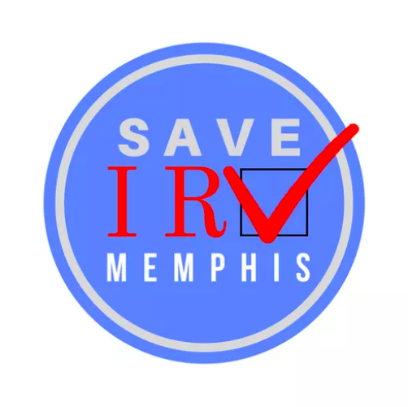We can all agree the City Council is going through a rough patch right now — in fact, a rough year. From unpopular charter amendments to unpopular refusals to resign to unpopular (and potentially illegal) public expenditures on the recent referenda to an inability to appoint a successor to Bill Morrison, I must admit I have some sympathy for the remaining 10 members of the council.

It’s still our duly elected and sworn municipal government, however, and it has plenty of work to do. Voters spoke loudly and clearly in the last election: We want instant runoff voting (IRV). Voters have run the gauntlet twice on the issue, but there are certain members of the council who would prefer to drag their feet rather than enact policy to provide for a smooth transition.
The 2008 IRV charter amendment directs the Shelby County Election Commission to “adopt regulations consistent with the procedure above to facilitate implementation of instant runoff voting.” Still, elections administrator Linda Phillips has indicated that there are some issues on which she’d like official guidance from the city council. Whether that’s really a legal requirement, it would still be good to get the council to weigh in on these issues, rather than letting the Election Commission, or a judge, make the call.
These issues are all merely technical, and none are complex. They include how many candidate rankings are allowed; what to do in the case of a tie; and how to handle such obscure technical matters as “batch elimination.”
None of these issues is terribly complex. Both the 2008 and 2018 IRV campaigns described the voting process as including only three rankings, instead of allowing as many rankings as there are candidates. Indeed, that’s all that’s technically feasible using the current machines. So we can conclude that the voters contemplated the choice of ranking up to three candidates. This will save time and money while still giving voters greater choice than is currently available in the traditional runoff system.
Tie-breaks, thankfully, are incredibly rare. In fact, we’re not aware of any instance in the last few decades where an American IRV election resulted in an exact tie. But just in case, the city council can decide what to do. The options can be grouped under two category headings: random and non-random. Many municipalities draw lots or flip coins in order to determine who can proceed from a tied position.
Tennessee law, however, directs municipal governing bodies, here the city council, to cast deciding votes in the event of a tie. IRV allows for other methods, as well, including counting the votes those candidates received in prior rounds to determine which is most preferred.
Batch elimination simply describes the process where candidates who have no mathematical chance of winning are, in the event of a second round of counting, eliminated all at once rather than one at a time, with all of the ballots for those candidates automatically assigned to the voters’ second choice. This is merely a procedural decision; it would not actually affect the outcome of any election. But until we have voting machines that will do the counting for us, the city council may wish to err on the side of too much transparency and require that, in hand-counted IRV elections, candidates are eliminated one at a time, according to the IRV formula. (By the next council election in 2023, we will have new machines and could choose to opt out of hand-counting ballots.)
These are some of the biggest issues that the council must address. Save IRV Memphis stands ready to assist the Election Commission and the council by connecting them with experts on best practices that have served municipalities using this voting method. There is no need to reinvent the wheel: We have the option of adopting policies that have proven successful nationwide.
In the past year, we learned that the city council used our tax dollars to pay for, among other things, a lobbyist to try to get IRV outlawed statewide. They also granted themselves nearly $40,000 to engage in a directed and biased political campaign masquerading as a public education effort.
It doesn’t matter. The people have spoken. Now is the time to put past campaign acrimony behind us and proceed with the people’s business. The Memphis City Council should provide any necessary guidance. Please call the council at (901) 636-6786 and demand they implement instant runoff voting for the next council election, and commit at least $40,000 to educating voters about IRV in the 2019 election.
Aaron Fowles is the president of Save IRV, Inc.